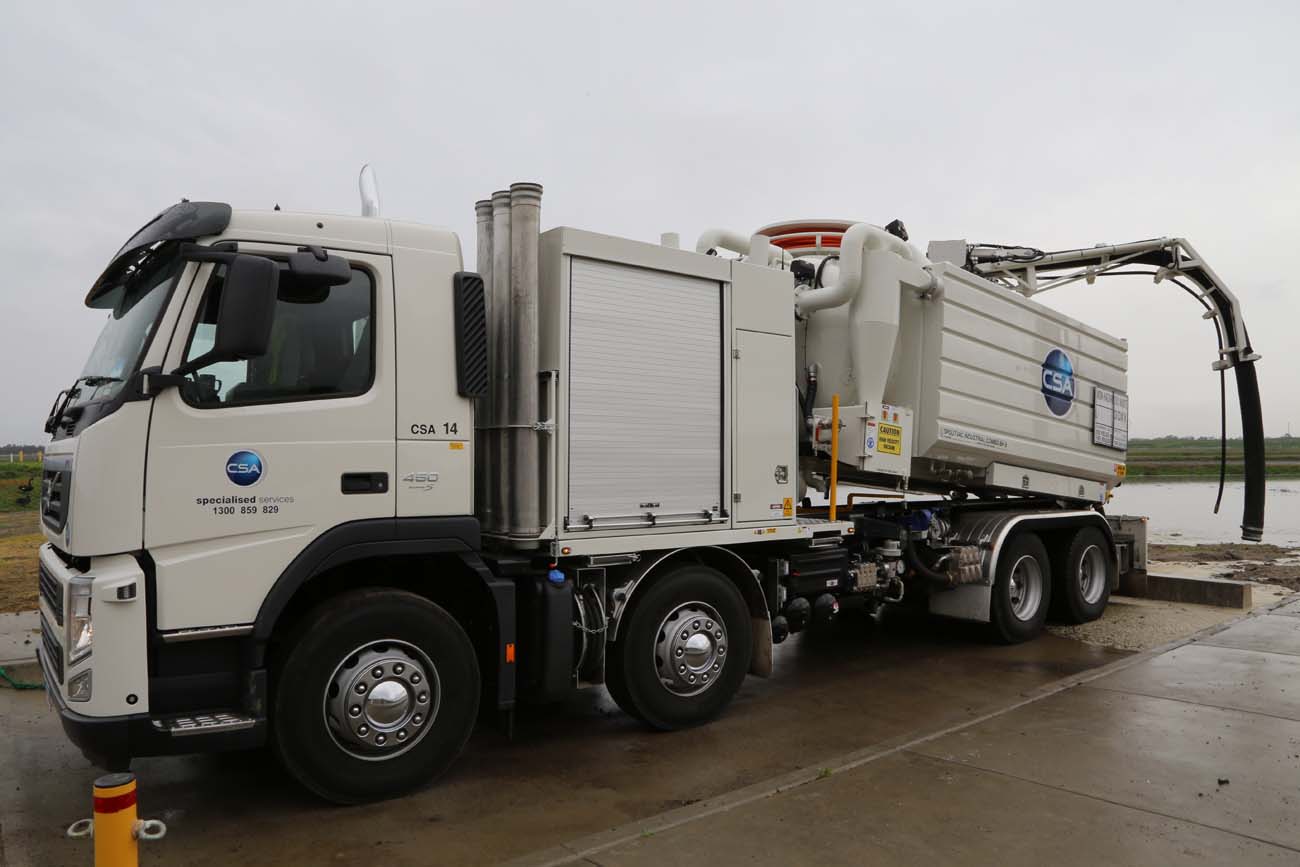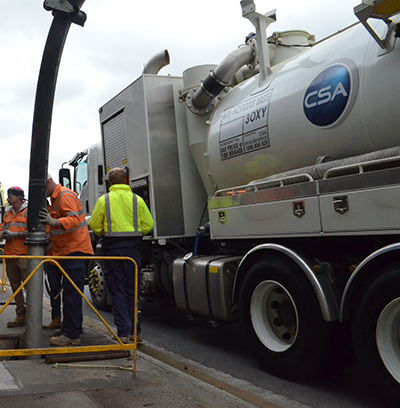Effective liquid waste removal helps to protect public health and the environment by reducing the risk of water pollution and the spread of disease. It also helps to conserve water resources and prevent the waste of valuable materials.
Our liquid waste removal services throughout Queensland for the industrial and commercial, utilities, marine, and home sectors include tank cleaning, oily water disposal, sludge and silt disposal, catch pit and interceptor cleaning, sewage disposal, bund emptying, leachate collecting, and many more.
Liquid waste management is a multi-stage process that includes waste removal, waste treatment, and recycling. Many industries must dispose of liquid waste in some way or another, such as wastewater, organic liquids, chemicals liquid, waste detergents, and even rainfall are all part of this waste.
Liquid waste management determines the type of liquid waste by source and components. Hazardous and non-hazardous liquid waste must be handled in an operational way that conforms with the local and national government to control liquid waste processing and disposal in the case of liquid waste management.
We take great satisfaction in offering industrial liquid waste management solutions that are both compliant and reasonably priced.
Each business has different needs when it comes to liquid waste removal.
We can assist with the disposal, collection and transportation of various liquid wastes such as:
We offer the highest quality liquid waste management services while making sure to comply with all health and safety regulations.


Liquid waste management is an essential concept in reducing environmental impact and keeping people safe. No matter what sector you work in, appropriate disposal is crucial because some of the liquid waste is neither recyclable nor consumable. Liquid waste raises significant environmental and hygienic issues such as:
- Environmental Impacts
Liquid waste disposal failures can have catastrophic effects on the environment and result in numerous sorts of contamination. When liquid waste contaminates a water source and alters the chemical makeup, surface water pollution can happen. Both human and animal drinking water may be seriously impacted by this, and aquatic ecosystems may be upended. If liquid waste is not properly disposed of, chemicals may seep into the soil and impair plant growth as well as endanger people or animals who may consume tainted items.
- Health and Safty Rules
Any organisation that produces liquid waste must have a system in place to store it safely and plans to dispose of it when necessary by law. Many businesses want to work with a reputable waste management business, particularly if they have a tank that requires routine emptying.
- Reduces Greenhouse Gas Emissions
Poorly managed liquid waste can produce vapors that contribute to greenhouse gases, such as when it is burned when another approach would have been more appropriate. These gases contribute to global warming, generate extreme weather like acid rain, and cause heat to rise. They are also harmful to the environment.
